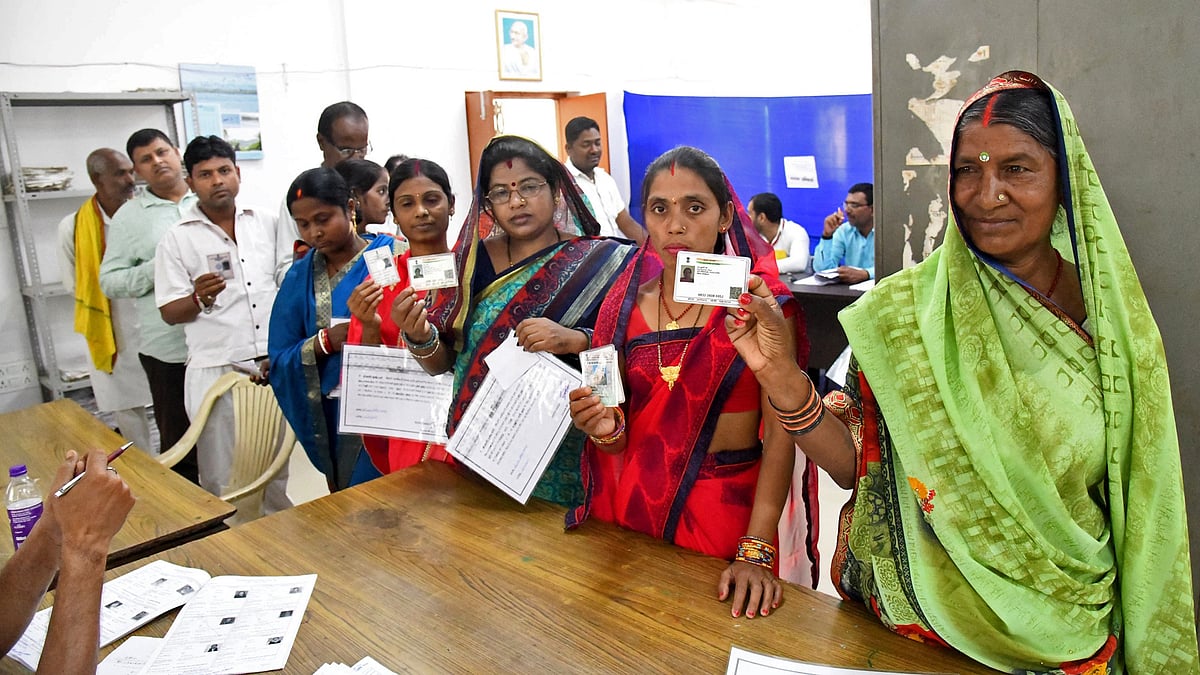New Delhi: The Supreme Court on Thursday, July 10, allowed the Election Commission’s special revision of Bihar’s voter list to continue but flagged serious concerns over its timing and the choice of valid identity documents. The top court said Aadhaar, ration cards, and even the Election Commission’s own voter ID (EPIC) should be considered acceptable for re-verification, pushing back against the poll panel’s refusal to accept these as valid proof.
The court was hearing multiple petitions challenging the ‘special intensive revision’ of electoral rolls in Bihar, including one filed by Trinamool MP Mahua Moitra. The petitioners had argued that the exercise unfairly targets voters added after 2003 and risks disenfranchising genuine citizens just ahead of elections.
The bench, led by Justices Sudhanshu Dhulia and Joymala Bagchi, asked the EC to respond to three critical questions: What gives it the authority to conduct a ‘special intensive revision’? What is the legal basis for the procedure? And why is it being conducted so close to the Bihar election?
"There is either 'summary revision' or 'intensive revision'. Where is 'special intensive revision'?" the court asked.
Justice Bagchi observed, “There is nothing wrong in this process... but it should be conducted separately from the election.”
Aadhaar Debate, Identity and the Right to Vote
A key flashpoint during the hearing was the EC’s refusal to accept Aadhaar as valid ID. The Commission argued that Aadhaar is not proof of citizenship, but the court pointed out inconsistencies, asking why documents like caste certificates were accepted despite being linked to Aadhaar.
“This exercise is about identity. We feel Aadhaar should have been there,” the bench noted.
The EC argued the revision was necessary to remove deceased and migrated individuals, but petitioners warned that the process could end up excluding marginalised groups. The next hearing is scheduled for July 28.










